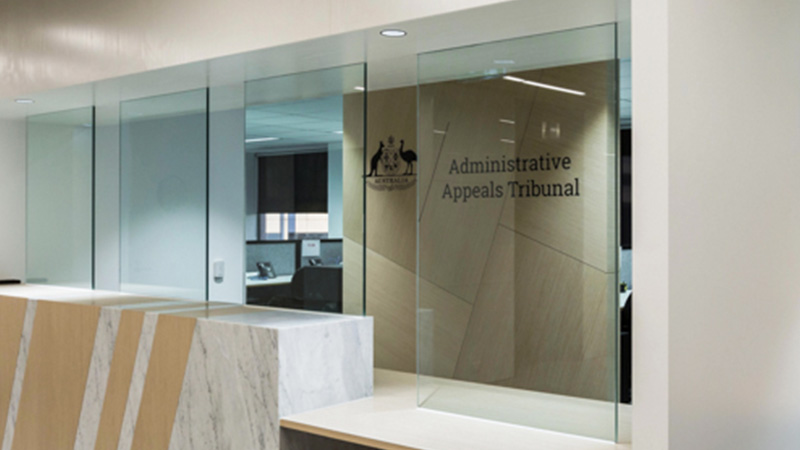Tribunal upholds ATO’s decision in excess contributions case

The Administrative Appeals Tribunal has upheld a decision by the Commissioner of Taxation not to disregard excess non-concessional contributions.
In the case, SQQM and Commissioner of Taxation (Taxation) [2022] AATA 298, the AAT determined whether discretion to disregard non-concessional contributions should be applied by the Commissioner of Taxation.
During the 2019 income year, the applicant in the case had made $100,000 in non-concessional contributions in total.
As her total superannuation balance was $2,526,291 at 30 June 2018, she had a cap of nil for the 2019 income year, which meant she had $100,000 in excess non-concessional contributions.
In May 2020, the applicant requested the Commissioner of Taxation, the respondent, to make a determination under subsection 292-465(1) of the Income Tax Assessment Act 1997 to disregard all or part of her excess non-concessional superannuation contributions for the financial year ended 30 June 2019.
The respondent issued a notice of decision in June 2020, advising the applicant that they had decided not to disregard or reallocate any of the applicant’s non-concessional contributions.
On 23 July 2020, the applicant objected against the respondent’s decision to not make the determination.
The Commissioner of Taxation then disallowed the applicant’s objection in full. The applicant then lodged an application for review with the tribunal.
Section 292-465 of the ITAA enables the respondent on application by the taxpayer to make a determination to disregard non-concessional contributions or allocate them to another financial year for the purposes of Division 292 and Subdivision 97-B in Schedule 1 of the Taxation Administration Act 1953.
In her evidence, the applicant noted that on the UniSuper website, she was encouraged to contribute a non-concessional voluntary payment of up to $100,000, and she did this “unwittingly” in January 2019.
She also stated that she was not aware of the new law that came into effect in 2017 that resulted in her having a cap of nil for her non-concessional contributions.
The period from the end of 2016 to the end of 2018 was also extremely difficult for the applicant due to health issues, including a cancer diagnosis. She contended that these special circumstances directly affected her decision-making capabilities.
She also stated that her accountant was aware of the contributions but did not advise against the making of them.
The Commissioner of Taxation submitted that there were no special circumstances in the applicant’s case that would justify discretion being exercised.
Further, the respondent stated that even if the tribunal were to consider there were “special circumstances”, it would not be consistent with the object of Division 292 of the ITAA to disregard any of the excess non-concessional contributions.
It also stated that if the tribunal were to consider both the preconditions to the exercise of the discretion were satisfied, the discretion should still not be exercised as it was entirely reasonably foreseeable that the applicant would have excess non-concessional contributions when the contributions were made in the 2019 income year.
The tribunal found that the applicant’s circumstances did not constitute special circumstances.
Senior member Linda Kirk stated that there was no identifiable nexus between the applicant’s personal circumstances and her making of the excess contributions.
“These were made on 14 August 2018, 15 August 2018, 21 January 2019 and 22 January 2019. The applicant’s cancer diagnosis was made in November 2016,” she stated.
The tribunal also noted that the applicant did not seek advice from her accountant prior to making the excess contributions.
“Her contention appears to be based on a dissatisfaction that she was not advised by her accountant of the consequences of her making the contributions after they were made. Accordingly, any perceived inadequacy in the accounting advice the applicant received has no relevance to the making of the contributions,” stated Ms Kirk.
The tribunal affirmed the decision made by the Commissioner of Taxation not to exercise discretion.

Miranda Brownlee
Miranda Brownlee is the deputy editor of SMSF Adviser, which is the leading source of news, strategy and educational content for professionals working in the SMSF sector.
Since joining the team in 2014, Miranda has been responsible for breaking some of the biggest superannuation stories in Australia, and has reported extensively on technical strategy and legislative updates.
Miranda also has broad business and financial services reporting experience, having written for titles including Investor Daily, ifa and Accountants Daily.






